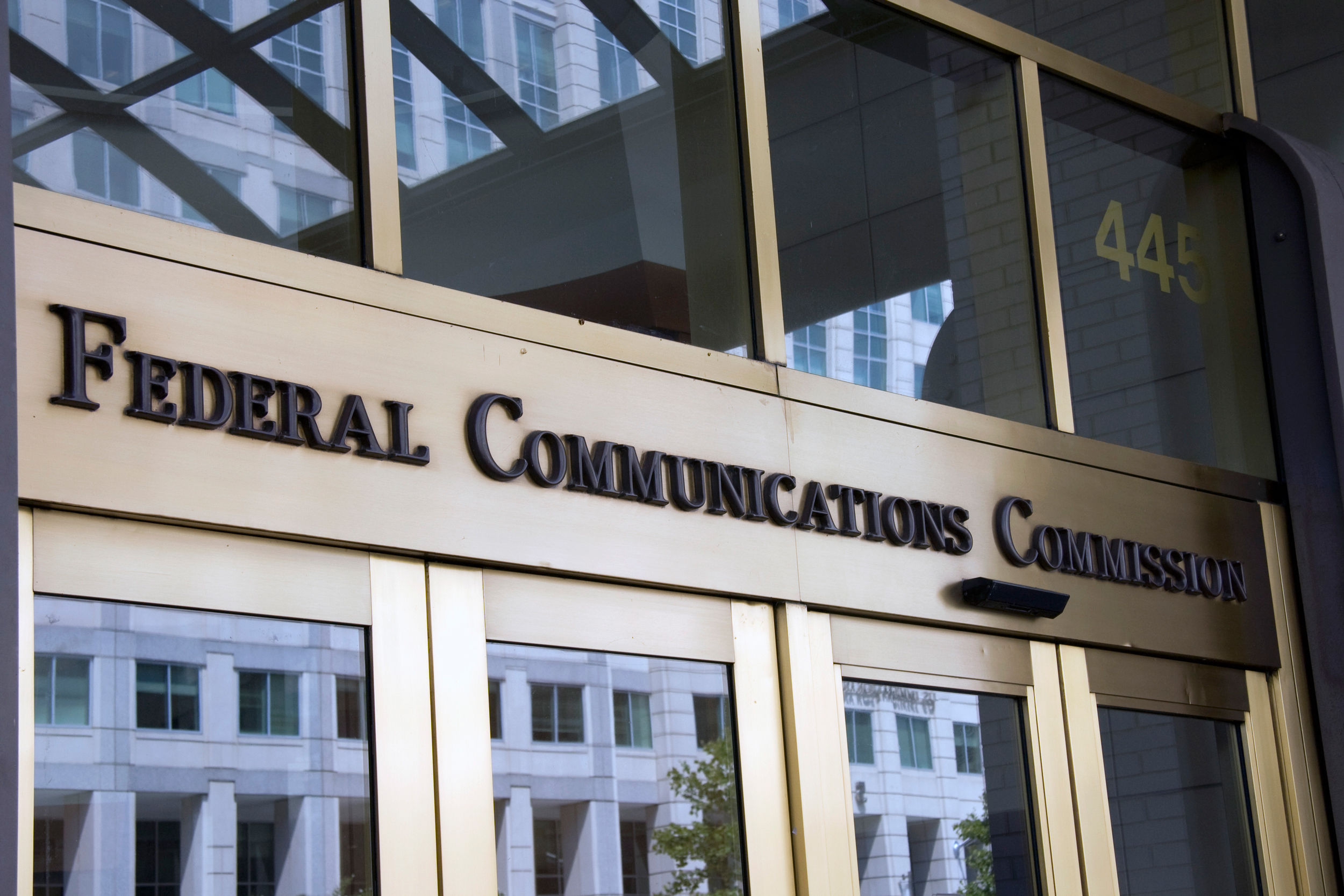FCC, NTIA Team on Spectrum Research
Commit to interagency cooperation on NSF-based approach

The smarter way to stay on top of the multichannel video marketplace. Sign up below.
You are now subscribed
Your newsletter sign-up was successful
The FCC has signed an agreement with the National Science Foundation and the National Telecommunications & Information Administration, the White House's top communications adviser, to advance spectrum research R&D.
Also Read: FCC Moves to Free Up Spectrum
The move is a nod both to interagency multilateralism and the value of science, two things the previous Administration was criticized for downplaying.
The NSF is an independent agency created by Congress to "promote the progress of science" among other things.
Last year it created the Spectrum Innovation Initiative "to seek innovative advancements in research and development on the biggest challenges facing the United States due to increased demand for electromagnetic spectrum access."
That sounds like a plan to acting FCC Chairwoman Jessica Rosenworcel. She called the memorandum of agreement among the three "one step toward revitalizing the interagency coordination process so that it once again is able to produce results for American consumers and the economy," adding: “Better coordination between these agencies ultimately means more spectrum and more innovation to help restore American wireless leadership and build the 5G future.”
Also Read: FCC, NTIA Need to Be Dynamic Duo
The smarter way to stay on top of the multichannel video marketplace. Sign up below.
“Engaging with spectrum experts from the FCC, NTIA and the NSF on high-impact, cutting-edge research is important to American competitiveness and spectrum sharing," said Acting NTIA Administrator Evelyn Remaley.
The priority goal will be creating the first National Center for Wireless Spectrum Research.
“The Memorandum of Agreement between the National Science Foundation, the National Telecommunications and Information Administration, and the Federal Communications Commission could not come at a better time," said FCC Commissioner Nathan Simington. "It sets the tone for a new era of close coordination among the agencies responsible for freeing up additional spectrum for 5G and other next-generation wireless technologies. At the same time, it signals to incumbent spectrum users that their interests will be protected and that spectrum resources will be put to their highest and best use.”
Contributing editor John Eggerton has been an editor and/or writer on media regulation, legislation and policy for over four decades, including covering the FCC, FTC, Congress, the major media trade associations, and the federal courts. In addition to Multichannel News and Broadcasting + Cable, his work has appeared in Radio World, TV Technology, TV Fax, This Week in Consumer Electronics, Variety and the Encyclopedia Britannica.

